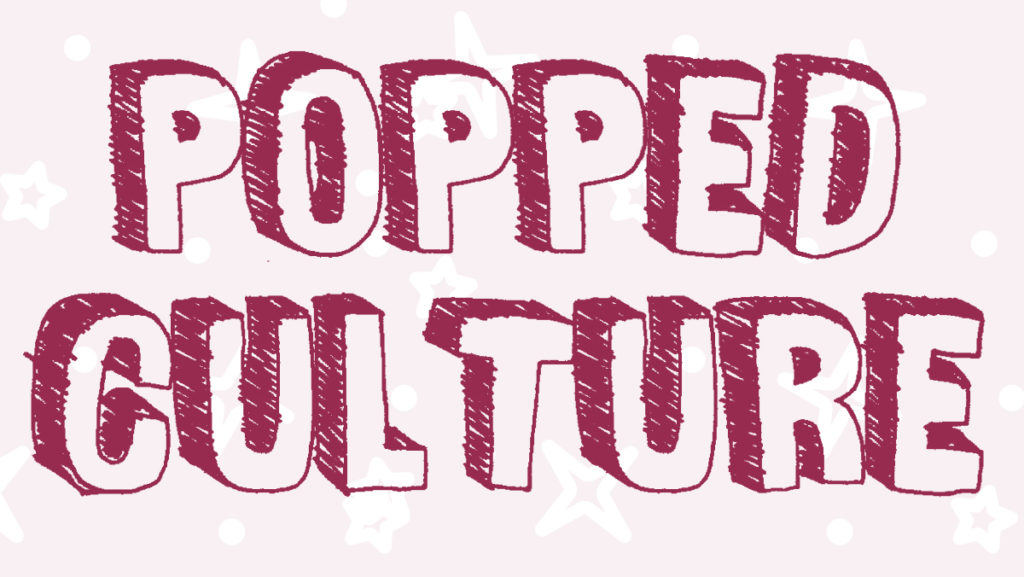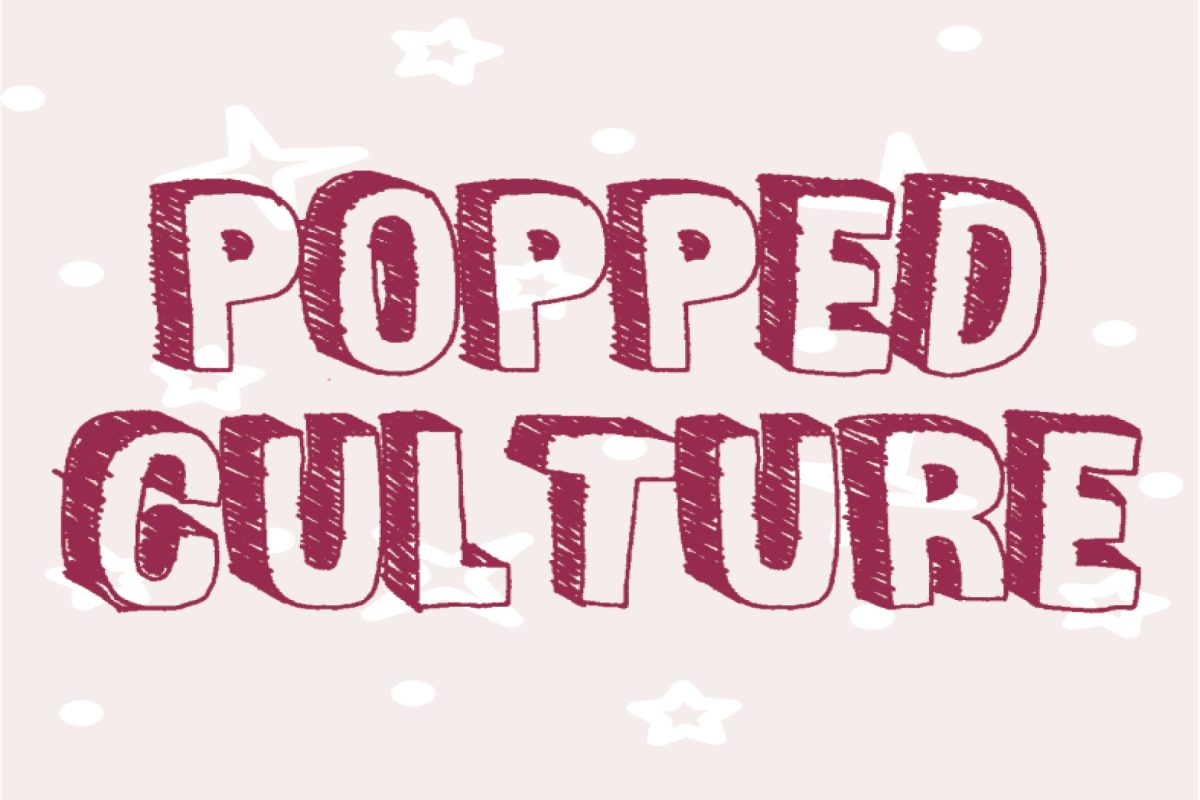It isn’t difficult to see a pattern in how listeners respond to music based on the artist who creates it. No one seems to mind when a male rapper releases a sexually explicit song accompanied by a music video featuring several naked women. However, when a female rapper does the same thing and releases a song celebrating her sexuality, people lose their minds.
Sexism in the rap industry has moved further into the public eye as more female rappers gain popularity. Billboard’s 2010 Rap Airplay Songs chart contained only one rap song by a female artist — Nicki Minaj’s “Your Love” — whereas 2019’s had five. Although sexism in the rap industry is still very present, the growing number of female rappers has given women in rap a space to embrace their sexuality through their music.
With the release of “WAP” by Cardi B and Megan Thee Stallion in August, this reality is, frustratingly, coming to light again. The song title, an acronym for “wet ass p—-,” is a testament to how sexual the song is. Rap music has historically contained more explicit language, and it often includes rappers boasting about the drugs they take, the sex they have and the money they make. These elements are praised endlessly when spoken by male rappers but criticized relentlessly when females flaunt their success or assets.
“WAP” has taken the world — and men on Twitter — by storm and has thus received a lot of criticism. Racking up 93 million streams in the United States within the first week of its release, “WAP” has the most listens ever recorded for an opening seven-day period. Clearly, the song is doing something right.
The music video features Megan Thee Stallion and Cardi B performing the sexual — and now viral on TikTok — dance in revealing outfits. The song has been discussed heavily on social media platforms like Twitter, where many users have dug into their respective rhetorical trenches, both in favor of the sex-positivity and critical of the hypersexualization.
Surprisingly, “WAP” has also gained a lot of traction on social media because many politicians, men who have nothing to do with the song, have felt the need to express their thoughts on the song. James P. Bradley, a Republican congressional candidate from California, said on Twitter, “Cardi B & Megan Thee Stallion are what happens when children are raised without God and without a strong father figure.” He continued, “Their new ‘song’ The #WAP (which I heard accidentally) made me want to pour holy water in my ears and I feel sorry for future girls if this is their role model!” Ben Shapiro, a conservative political commentator, even took to his show, “The Daily Wire,” to recite the lyrics. He claims that the feminist movement was “not really about women being treated as full, rounded human beings but about wet ass P-word.”
While the forefront of the criticism about “WAP” is how sexually explicit it is, there is a deeper issue at the root. Throughout history, Black women have always been stereotyped as hypersexual. Since the beginning of the trans-Atlantic slave trade, Black women have been forced into the “Jezebel” stereotype in which they are viewed as seductive, tempting, lewd and hypersexual beings. This differs largely from the stereotype of white women as a group, who were historically viewed as modest and pure.
The role of women in rap music has always been for the sexual gratification of men. The release of “WAP,” a song about Black women taking control of their sexuality, has faced criticism because these Black women are reclaiming the sexist stereotype that has been established. The arguments against “WAP” that attempt to force Black women into restrictive boxes, like being too sexual, are pointless. If the song is good, let it be good, and let the women who created it be successful and celebrate their bodies. After all, if DaBaby can rap “I be fixin’ her weave while she suckin’ my d— / … I f— her from the back and she nasty, killin’ her” in Megan Thee Stallion’s song “Cash S—” with no problem, what’s wrong with her rapping about the same thing in “WAP”?
Similar to “WAP,” Nicki Minaj’s song “Anaconda” also received ludicrous controversy. While the song was wildly popular and successful, it faced an immense amount of negative commentary because of its explicit themes and sexually promiscuous music video.
Because men have always had control over society’s perception of women, and men in the rap industry have therefore profited from these stereotypes, the ideas of Black women reclaiming this hypersexual stereotype and profiting from it themselves make men mad.
Female articulation of sexual agency is what needs to happen in order to take down the rap patriarchy, and “WAP” is exactly that. The sooner that men in society are able to normalize the subject of sexuality in female-written or performed music, the less time they will spend having these ridiculous conversations about policing women.






